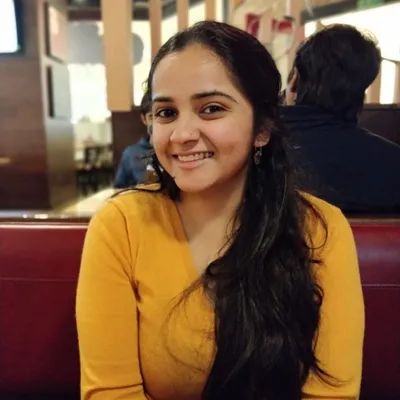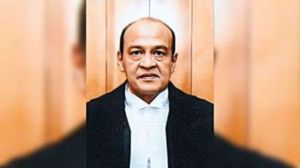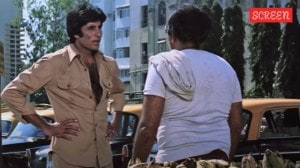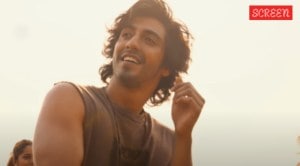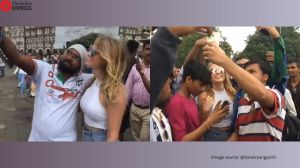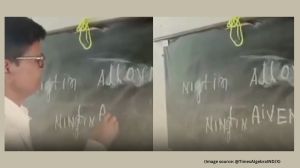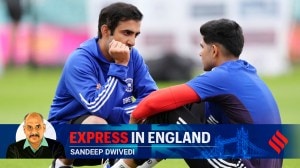Click here to follow Screen Digital on YouTube and stay updated with the latest from the world of cinema.
‘Outsider’ Danny Denzongpa ‘was teased like a puppy’ till Jaya Bachchan suggested a solution, eventually found his place in movies as a ‘generic Indian’
Danny Denzongpa felt like an 'alien' when he first left Sikkim and tried to find his way in the Hindi film industry. But once the audience accepted him, there was no looking back.
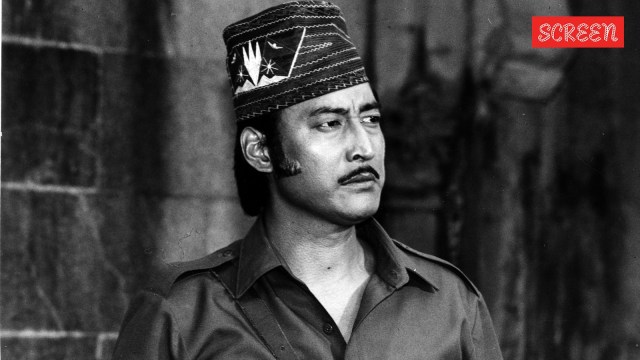 Danny Denzongpa dreamed of joining the army but dropped that idea when his mother made an emotional plea. (Photo: Express Archives)
Danny Denzongpa dreamed of joining the army but dropped that idea when his mother made an emotional plea. (Photo: Express Archives)The mainstream Hindi cinema of the 1970s functioned within rigid boundaries. The film fraternity and the audience understood the rules of this system. The hero was always the good guy, the heroine was always the damsel in distress and the villain was just the big bad, no explanation necessary. So when Danny Denzongpa realised that he was an “alien” in the world of movies, he had a challenge ahead of him. Being the “outsider” who did not look like others working in the Hindi film industry, Danny had to find a way to get accepted by the audience, and when he did manage to achieve it, he made people believe that the film industry accepted everyone who was loved by its audience.
In 2025, the word outsider is often used in the context of nepotism but for Danny, it was for his looks. When he was first cast in a supporting role in Gulzar’s film Mere Apne, which starred Vinod Khanna and Shatrughan Sinha, he put in the work to prepare for his role but in this process, he found that a regular person living in Mumbai in the 1970s saw him as an exotic being. “I went to meet a puppeteer in Santa Cruz to prepare for the role. Soon, the neighbouring kids surrounded me. They hadn’t seen a ‘chinky-eyed’ guy in the area before,” he once shared with Filmfare. Danny told Outlook that he felt like an “alien” because he looked different.
This feeling of being different dawned upon Danny on his first day at FTII. When he introduced himself as Tshering Phintso Denzongpa, his classmates started teasing him. “My classmates would call out ‘sshhh sshhh’ as though I were a puppy,” he shared with Filmfare and it was here that his classmate Jaya Bachchan (then Bhaduri) stepped in and suggested that he should just go with Danny.
 Danny’s first appearance in the movies was in Gulzar’s 1971 film Mere Apne. (Photo: Express Archives)
Danny’s first appearance in the movies was in Gulzar’s 1971 film Mere Apne. (Photo: Express Archives)
Danny was born in Sikkim and spent much of his childhood there. He dreamed of being an army officer but as tensions with China escalated in the 1960s, and his village saw dead bodies of young soldiers coming back from the war front, his mother asked him to give up on this dream. Since he was already a student of music, and could sing and play the flute, he found himself at FTII as their acting course also taught music. Back in the 1960s, there weren’t many government organisations giving a formal education in performing arts, and Danny grabbed the opportunity as soon as he got it.
But even with the best kind of acting education, work wasn’t easily availble, and it was primarily because of his “alien” looks. “In the 1970s, big banners like Gemini and AVM (South) made family dramas. I didn’t fit in. I was told that I neither looked like a father nor a brother – the only part I could get was that of a servant or an outsider,” he told Filmfare. During his time at FTII, BR Chopra had promised a role to Danny and he fulfilled that promise with Zaroorat but it was 1973’s Dhund that changed the trajectory of Danny’s career. Chopra had complete faith in Danny’s abilities as an actor and was completely on board when Danny played his character in an unpredictable way. In fact, when rumours erupted that Danny didn’t know any Hindi and his dialogues had been dubbed by someone else, BR Chopra called for a press conference to clear the air.
 Zeenat Aman, Sanjay Khan and Danny Denzongpa in Dhund. (Photo: Express Archives)
Zeenat Aman, Sanjay Khan and Danny Denzongpa in Dhund. (Photo: Express Archives)
Dhund was a unique, experimental film and Danny had made an impression but to sustain in the film industry, he needed prominent parts in mainstream films. The biggest challenge in this regard was, once again, his looks. Hindi cinema largely functions on disbelief where the audience doesn’t seem to mind when the hero breaks into a song when his girlfriend is held hostage by the villain. So Danny knew that his only hurdle was to get accepted by the audience.
“Once the audience accepts you, you can play any part,” Danny recalled this lesson by producer NN Sippy in a chat with Scroll in 2018. After Dhund’s success in the early 1970s, Danny saw that mainstream Hindi cinema was consumed by those tropey lost and found stories. These stories often followed a family and since Danny looked different than his peers, he believed it would be a challenge to fit into these parts. However, the audience surprised him when they suspended their disbelief even more. He told Outlook, “I couldn’t fit in them as I couldn’t look like anyone’s son or brother. So, I didn’t accept many of those offers,” he said, until he was offered a film called Fakira where he was supposed to play Shashi Kapoor’s brother. Danny wondered how he would be accepted as Shashi’s brother as there was no similarity in their looks. “It became a golden jubilee hit. That’s when I realised that once the public accepts you, they will accept you in any part. Thereafter, I played everyone’s brother or father,” he said and recalled that he once played a role where him, Amjad Khan, Mithun Chakraborty and Vijayendra Ghatge were brothers, and he was well aware that none of them looked like each other. “I just fail to understand the audience – when they love you, they forget all the differences. People have been kind, very kind.” Danny was getting parts where he was “cast as a generic Indian without a back story, rather than an exotic creature from somewhere in the subcontinent.”
This was surely an anomaly as actors from the North-East today can’t find this kind of acceptance. Actors like Andrea Kevichusa and Chum Darang have played key roles in films like Badhaai Do and Anek but Hindi cinema doesn’t seem too keen in casting them in parts that aren’t all about their roots. But, as liberating as it was for Danny to be cast as a “generic Indian”, things got mundane soon after as he found himself going from one set to another playing the same role over and over again. “There was a time when I was shooting for 23 films together – in one month, I was shooting three films,” he told Scroll. He went from playing a dacoit in one film to the next one. The sets, the props, everything looked alike and this started to irk him. He decided to take a break and direct a film called Phir Wahi Raat, which starred Rajesh Khanna, and in Danny’s own words, the film was “quite good.”
Despite being dissatisfied, Danny did not give up and continued to work in movies. Hindi cinema wasn’t evolved enough that they could offer anything else to Danny and thus, he was stuck playing the same negative roles. He had no interest in playing the hero as the mainstream films required the hero to dance and Danny compared it to “PT exercise.”
 Danny spends most of his time in Sikkim now. (Photo: Express Archives)
Danny spends most of his time in Sikkim now. (Photo: Express Archives)
Danny still appears in movies but he is extremely choosy about the parts he plays. People might look at his journey and say that he was the actor who was stereotyped by the film industry, or there could be those who could say that he broke the barrier in terms of opportunities for North-Eastern actors and proved that casting shouldn’t necessarily be about one’s ethnicity. For him, his time in the movies was absolutely worth it however, the actor once said, “Sometimes I feel I didn’t get the kind of roles I wanted to play.” Danny did the most with what was available, if only there were better parts that were on the table!


Photos
Photos
- 01
- 02
- 03
- 04
- 05


